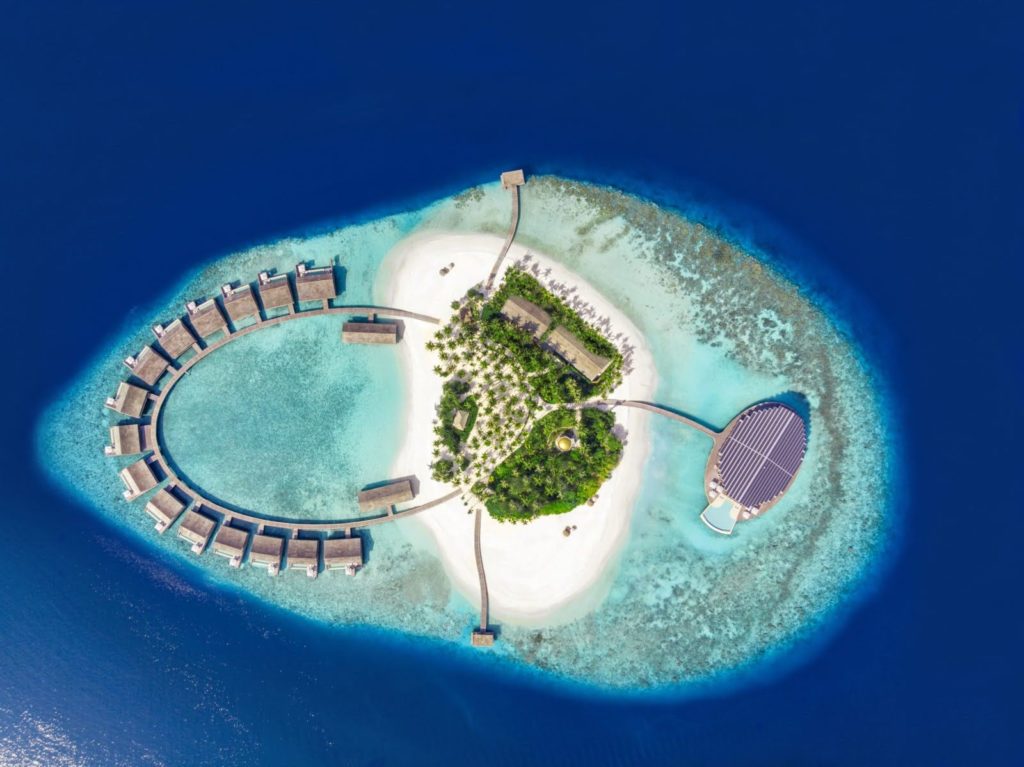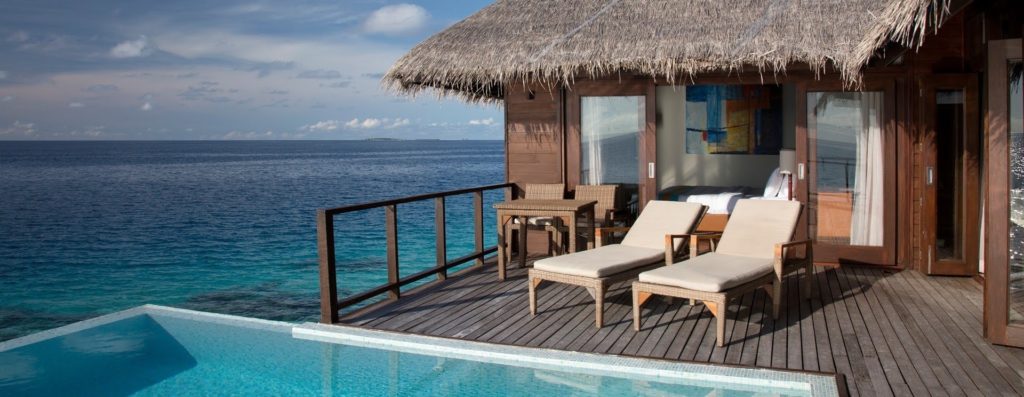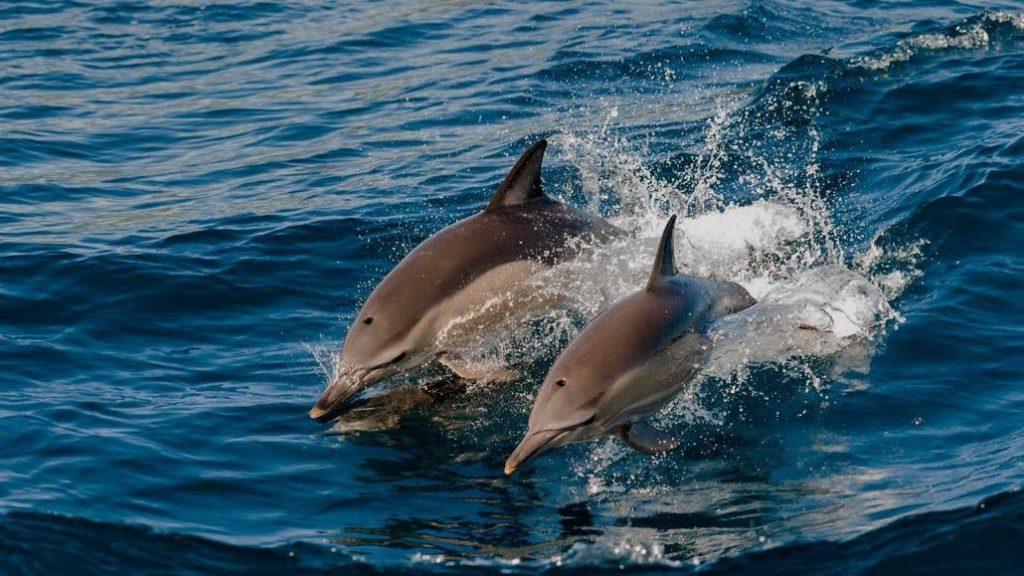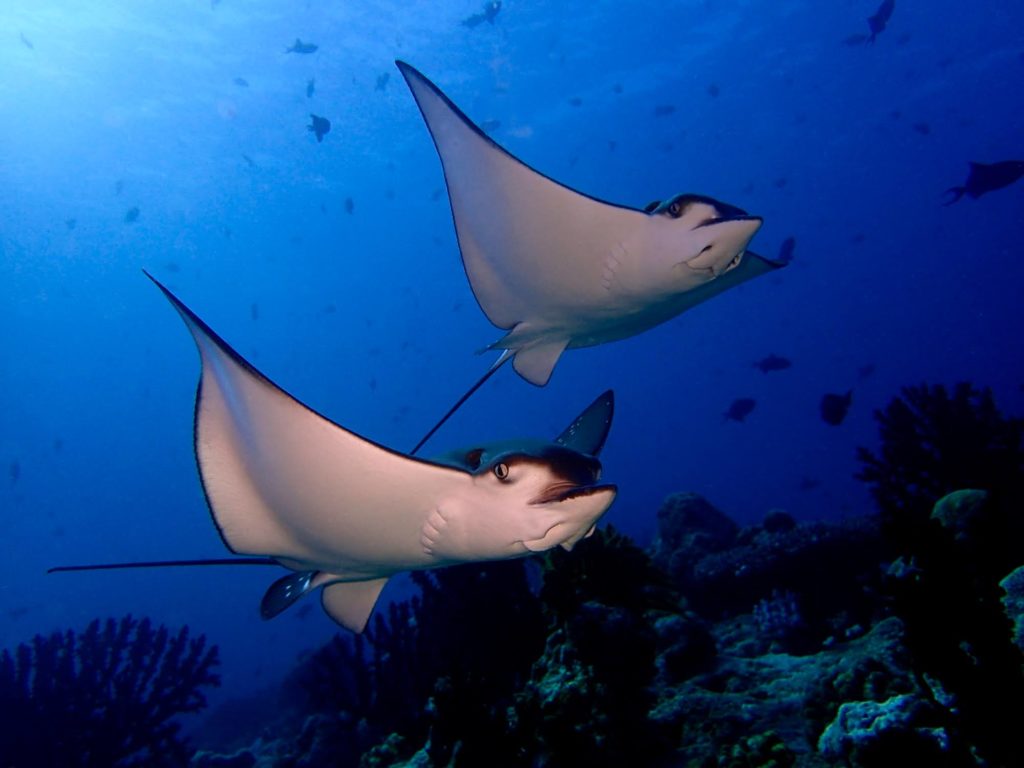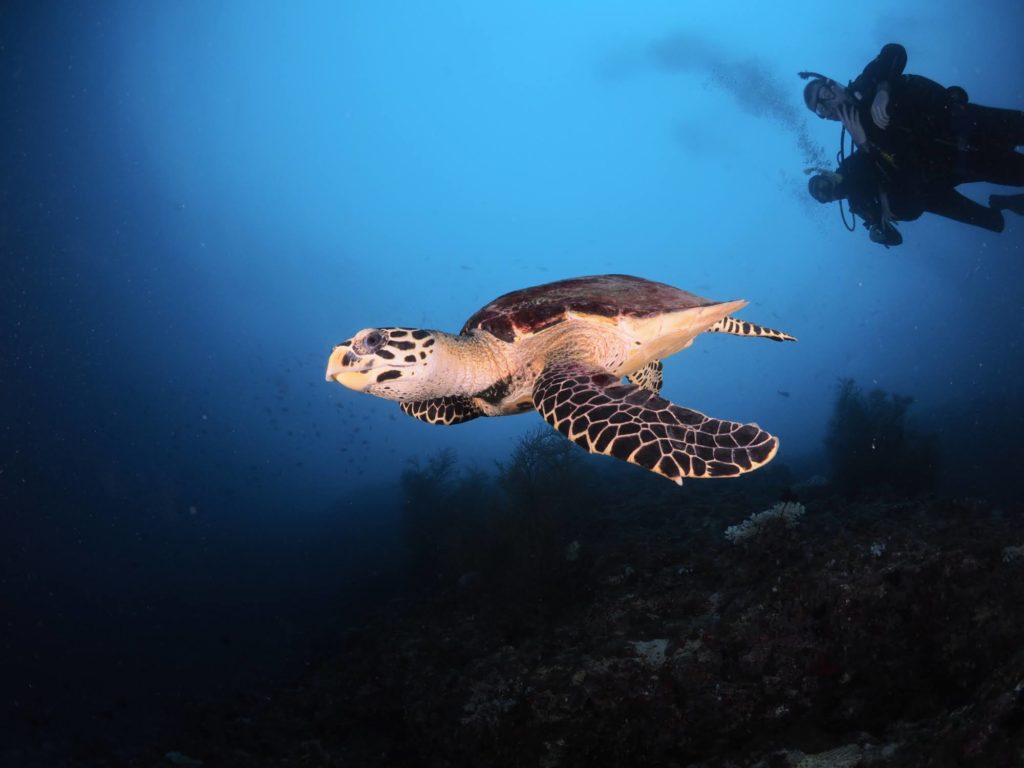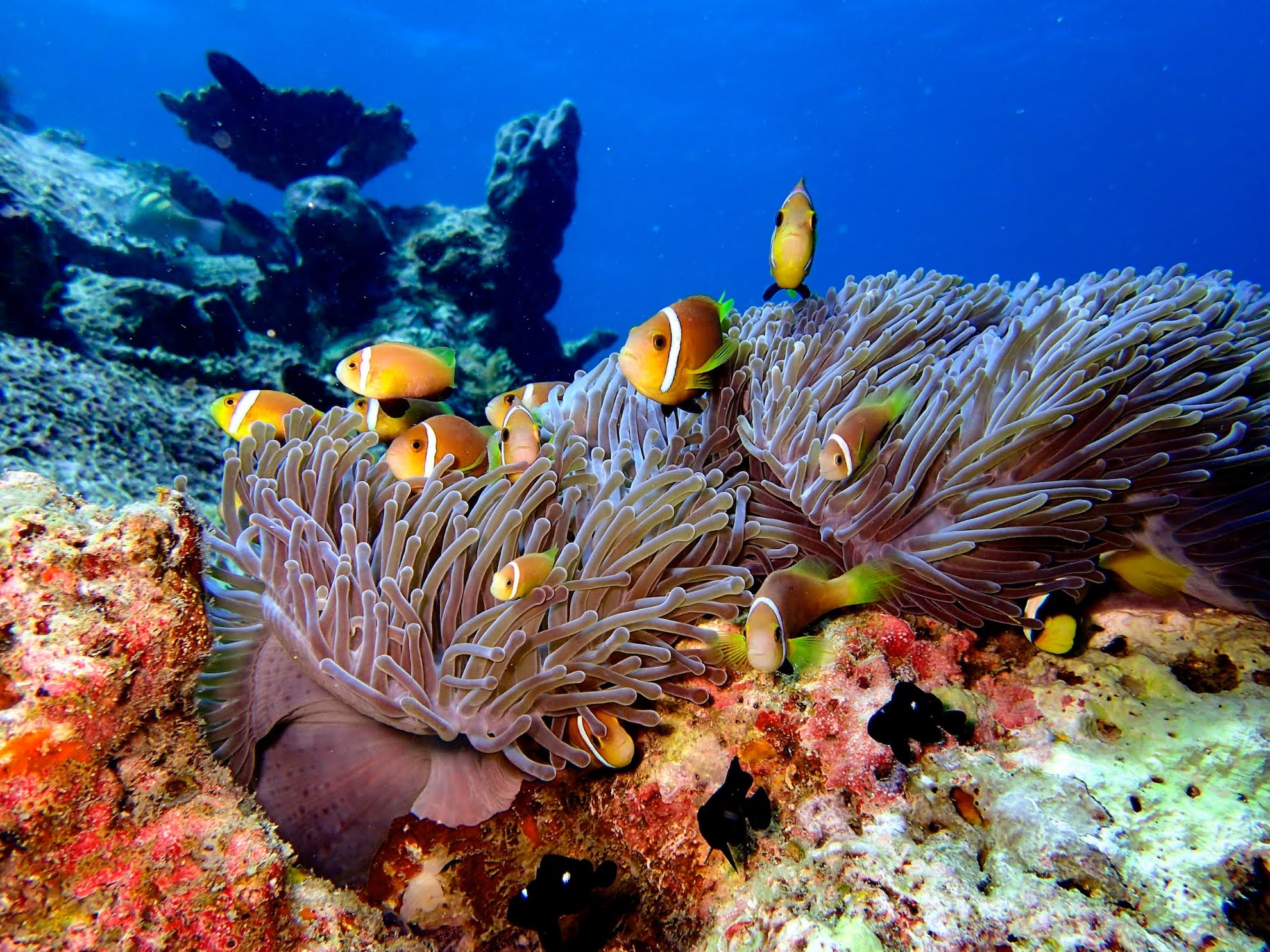
Marine Conservation in the Maldives
The oceans play a crucial role in the global climate system. Ecosystems below the surface have changed dramatically over the past few decades with people assuming “that the ocean was limitless and immune to human impacts” for far too long. Scientists, however, have not only begun to recently understand the impacts that have been made, but have begun to find solutions to many of these pressing problems. One such (vital) solution is the efforts of marine conservation.
“Marine conservation as a concept is relatively new”
However, it has become a key factor significant in fighting against climate change and its many effects on reefs, marine life and local communities. As the effects of climate change become increasingly more prevalent and harder to ignore many charities have begun to combat imminent issues such as coral bleaching and the eradication of marine life. Many of these organisations are based across the Maldives due to the naturally hot climate being home to a wide variety of marine life and coral reefs that call this area their home. Just as many schools of fish rely on these coral reefs, humans rely on the oceans.
Combatting Marine Degradation in The Maldives
“The ocean is the largest ecosystem on Earth, and it is the planet’s life support system. The ocean is essential for all life on Earth, including humans. To ensure a sustainable future, we must protect and preserve healthy marine ecosystems.” To reduce the risk made to a variety of species and local communities, we must protect what in turn protects us.
Biodiversity protection across the Atoll in the Maldives is a focus for many of the resorts that operate under strict sustainability quotas/rules. Recognised as an area for sustainable development, the Baa Atoll is a UNESCO biosphere reserve. Organisations such as The Olive Ridley Project and Manta Trust do the incredible work of sustaining species’ numbers such as Manta Rays and turtles whilst educating those who visit the protected islands, all in partnership with resorts across the Atoll.
The Manta Trust “was founded in order to turn the tide for these enigmatic rays, by co-ordinating global research and conservation efforts around manta rays, their relatives, and their habitats.” Organisations like these work in partnership with neighbouring hotels and resorts to ensure their protection amidst the tourism landscape. “Protected areas conserve entire ecosystems by restricting human activities and are among the most effective approaches to biodiversity conservation. Protecting biodiversity in fully and highly protected areas increases the abundance and diversity of marine life.”
One of the many reasons that the Maldives is so popular is its stunning and diverse natural environment. Highly protected, it serves as an extremely large ecosystem for both coral and marine life. This also makes it an incredibly desirable spot to visit and vacation given the wide variety of underwater exploring that visitors can do. Initiatives are inviting guests to explore and take part in the propagation of coral as well as swim alongside turtles and manta rays, to truly have an understanding of these magnificent creatures.
“Mindful travel in the name of preserving biodiversity is necessary. Travelling to areas such as the Baa Atoll allows for local communities to witness positive change due to the initiatives in place that preserve their natural surroundings.”
Conservation Efforts Conservation?
The Olive Ridley Project and Manta Trust are two of the largest organisations that run in the Maldives. In partnership with many hotel resorts they ensure that species numbers do not decrease and educate those who visit the islands. Resorts in the Maldives such as Kudadoo and Innahura Island Resort work in collaboration with Manta Trust to create unique experiences for their guests that enables the vital work that they do.
The Olive Ridley Project endeavours; “to protect sea turtles and their habitats through rescue and rehabilitation, education and outreach, and scientific research. At the core of our work is a passionate and dedicated team of scientists, veterinarians, conservationists, citizen scientists and volunteers. We pride ourselves in being able to collaborate with a wide range of diverse groups in order to reach our goal and fill data gaps in sea turtle conservation.”
The Olive Ridley project has an official partnership with Coco Palm Resorts to ensure the protection of sea turtles despite visitors to the island. The island of Coco Palm Dhuni Kholi has its own rescue centre with a full team equipped with surgical facilities to help harmed turtles. Similarly, Coco Palm Bodu Hithi has its own Marine Turtle Rescue Centre located on site with a full-time marine biologist working on the island. The team works closely with the local school to educate future generations on the safety of these beautiful creatures.
School children are able to interact with turtle patients and learn about their treatments, additionally offering internships for Maldivian nationals at the rescue centre. The aim is to increase the local capacity to care for the turtle population and inspire future generations to care for the environment.
“A diverse group of researchers, scientists, conservationists, educators and media experts; working together to share and promote knowledge and expertise. Our mission is to conserve Mobulid rays, their relatives, and their habitats, through a combination of research, education and collaboration.”
Coral Progagation
As global temperatures increase, coral bleaching is becoming more common. Their protection therefore becomes all the more imminent for the marine animals that call it their home. At properties such as Soneva Fushi, coral restoration is an important part of marine conservation. The resort has already been able to install 50 coral frames in the coral nursery to attract marine life to the area. Webbed together to create a more natural reef the island is also known to do ‘turtle patrols’ to ensure that the rare marine animal is safe and not getting caught in the vegetation surrounding the island. Soneva Jani has the same propagation programme in place in efforts to preserve the vital natural elements of the island.
Marine Education
Local coastal communities are known to be the most affected by global warming. The role of education is therefore vital if change is to happen. Alongside educating the locals, guests at resorts such as Anantara are taught about marine conservation. At Anantara, the Mai Khao Marine Turtle Foundation invites guests to get involved in projects that aid the foundation. As guests are included in the exploration and rescuing of marine life they are taught just how vital this work is whilst witnessing it first hand. Guests are welcomed to help release turtles back into the ocean after their rehabilitation. This is a once in a lifetime opportunity that is sure to stick with visitors going forward!
Threats to Marine Life
The rising temperature of the oceans is having a detrimental effect on the creatures that call it their home. Coral reefs, for example, cannot withstand certain temperatures and bleaching events are becoming more common around the globe. Most of these issues are unfortunately invisible. “The problem with invisibility is that it is very difficult to understand a full chain of events- so how an invisible problem can lead to serious issues.”
The role of charities like the Manta Trust and The Olive Ridley Project is to make what is hidden visible. By inviting guests to explore the oceans for themselves they can witness the incredible work that they do, inspiring them to make change with their newfound knowledge. The marine conservation at work in Maldives across the Atoll is setting a leading example of how to achieve biodiversity protection.
Alongside organisations such as Manta Trust and The Olive Ridley Project, the island resorts in the Maldives understand that to achieve an integral role in the ecosystem’s productivity and protect it, they must implement a host of initiatives that align with such values. The wide variety of programmes work in tandem to ensure that the Indian Ocean stays protected.
Mindful Travel in the Name of Preserving Biodiversity
Mindful travel in the name of preserving biodiversity is necessary. Travelling to areas such as the Baa Atoll in the Maldives allows for local communities to witness positive change due to the initiatives in place that preserve their natural surroundings.
“Today, marine conservation is considered one of the greatest scientific problems on our planet”
If we are to continue to benefit from the ocean we must take care of it. Choosing to partake in a vacation that actively creates positive change for the environment is beneficial to both communities and visitors. It not only allows locals to thrive but also creates a unique opportunity for guests to understand why environmental preservation is so important, leaving a lasting impression from the experience. Knowing where profit is being spent and creating transparency is what actively makes change and the public can have an impact with their own such decisions.
“Writing this piece and researching made me feel hopeful for sustainability. Knowing that consumers have some say in the impacts being made feels like a positive step towards greater change within not only travel but within sustainability as a whole. ”
